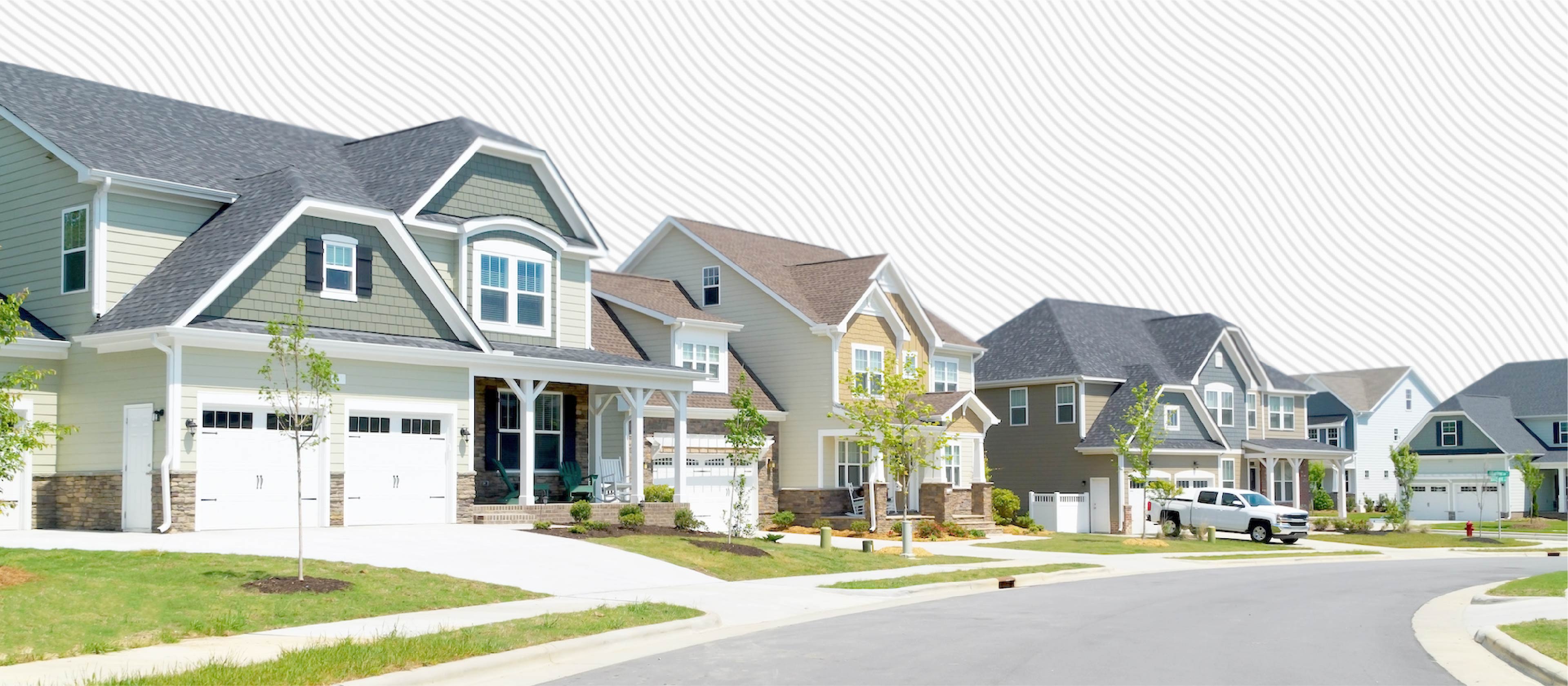The Future of Realty: Fads and Opportunities to View
As the property landscape progresses, it comes to be significantly important to recognize the emerging fads and possibilities that will certainly specify the market in the coming years. Technical developments are reshaping transactional processes, while a growing concentrate on sustainability mirrors altering consumer priorities. In addition, group shifts and the surge of remote job are affecting real estate choices, specifically in country areas. With these characteristics at play, a closer assessment of the adaptations and techniques required for success reveals appealing possibilities that might reshape financial investment techniques and market behaviors.
Technical Technologies in Realty
Over the last few years, the genuine estate field has welcomed a wave of technological developments that are transforming standard techniques. These improvements have actually dramatically boosted performance, openness, and decision-making processes within the sector. One of the most notable innovations is the surge of large information analytics, which permits realty experts to examine market trends, predict residential or commercial property worths, and recognize investment opportunities with unmatched precision. This data-driven technique allows stakeholders to make enlightened decisions and minimizes the risks related to building transactions.
Additionally, virtual reality (VIRTUAL REALITY) and increased truth (AR) technologies are revolutionizing residential property marketing by offering immersive experiences for potential customers and tenants. These devices permit customers to carry out digital tours of residential or commercial properties, consequently enhancing the search process and improving client involvement. Blockchain technology is acquiring grip as a means to safeguard deals and keep clear records, thereby decreasing scams and speeding up the closing process.
Smart home modern technologies are additionally becoming progressively prevalent, allowing homeowners to check and regulate their buildings remotely (Real Estate Lockhart). Jointly, these technological technologies are reshaping the landscape of property, fostering a much more efficient, transparent, and customer-centric industry
Demand for Lasting Qualities
As consumers progressively focus on environmental duty, the need for sustainable residential properties has risen in the actual estate market. This shift reflects a broader social pattern towards sustainability, with homebuyers and financiers looking for homes that minimize eco-friendly influence while maximizing energy efficiency. Functions such as photovoltaic panels, energy-efficient appliances, and sustainable structure products are currently deemed essential instead of optional.

In addition, the rise of environment-friendly areas, which prioritize walkability and access to public transport, additionally highlights this fad. These advancements attract environmentally mindful customers and advertise a much healthier way of living.
As the need for sustainable residential or commercial properties remains to climb, industry stakeholders have to adapt to these assumptions. By accepting cutting-edge techniques and prioritizing sustainability, the real estate market can not only fulfill customer need but also add to a much more lasting future.
Changing Purchaser Demographics

In addition, the aging population is improving need for housing. Baby boomers are seeking downsized residences that provide accessibility and reduced upkeep, typically favoring metropolitan setups with close-by facilities. This shift demands a concentrate on multi-generational housing services that suit differing demands.
Additionally, multiculturalism is playing an essential duty in property fads. Buyers from different backgrounds bring distinctive preferences and expectations, prompting designers to create comprehensive atmospheres that deal with a wider target market. As these demographic changes remain to evolve, realty professionals have to adjust their techniques to resolve the demands of these different buyers. Recognizing these altering demographics will be vital in identifying crafting and arising opportunities tailored marketing techniques that reverberate with the diverse requirements these days's market.
Increase of Remote Work Effect
Significantly, the surge of remote work is changing the real estate landscape, prompting significant changes in purchaser choices and location selections. As staff members take pleasure in the flexibility of working from home, several are reassessing their household demands, causing a rise in see this site need for homes in suv and rural locations. This pattern is primarily driven by the desire for more large living atmospheres that can suit office and a much better lifestyle.
In addition, urban centers, once the centerpiece for purchasers, are experiencing a steady decrease in demand as individuals prioritize price and accessibility to nature. Real estate developers and capitalists are changing their emphasis toward residential properties that supply home workplace spaces, outdoor services, and proximity to essential solutions.
This evolving landscape demands a reevaluation of standard market methods. Actual estate experts should adjust to the transforming preferences of customers, highlighting the importance of way of living consider their advertising approaches. On top of that, contractors are significantly prioritizing flexible flooring plans that accommodate the double requirements of living and working, ensuring that they continue to be competitive in a swiftly transforming market. The effects of remote job on property are profound, shaping future fads and chances.
Investment Opportunities in Arising Markets
Investment opportunities in emerging markets are consistently standing out from genuine estate capitalists seeking diversity and development possibility. These markets, characterized by quick economic advancement, increasing urbanization, and a growing middle class, existing distinct prospects for wise investors. Nations in Southeast Asia, Africa, and Latin America are observing considerable framework renovations and beneficial government plans, which additionally enhance their charm.
Realty fields such as household, industrial, and logistics are experiencing increased need as a result of urban movement and developing customer preferences. Notably, cities like Ho Chi Minh City, Nairobi, and Medellín are becoming hotspots for investment because of their increasing economies and vibrant demographics.
Investors ought to conduct thorough market evaluations to recognize crucial fads, visit this site such as shifts in population dynamics and economic security, which can influence residential property values. Furthermore, collaborations with neighborhood realty companies can promote effective access and navigation in these markets.
However, it's important to be conscious of prospective threats, consisting of political instability and regulative obstacles. By evaluating these aspects and taking on a long-lasting point of view, capitalists can efficiently take advantage of the profitable possibilities emerging in these developing regions.

Verdict
In conclusion, the future of real estate will be substantially influenced by technological developments, an expanding focus on sustainability, and evolving customer demographics. Navigating this like it transforming landscape will certainly call for critical collaborations and an eager understanding of market dynamics to utilize on the patterns forming the industry.
As the real estate landscape develops, it comes to be increasingly necessary to understand the arising trends and opportunities that will specify the market in the coming years. One of the most notable advancements is the surge of large data analytics, which allows real estate specialists to assess market fads, predict residential or commercial property values, and identify financial investment opportunities with extraordinary precision.As customers progressively prioritize ecological responsibility, the need for lasting properties has actually risen in the genuine estate market. The implications of remote job on actual estate are extensive, shaping future fads and opportunities.
Financial investment possibilities in emerging markets are regularly attracting interest from real estate financiers seeking diversification and development possibility.